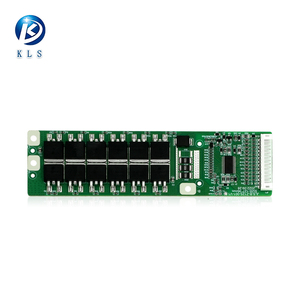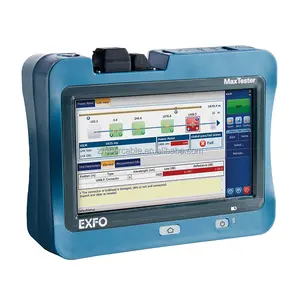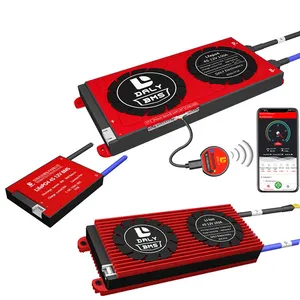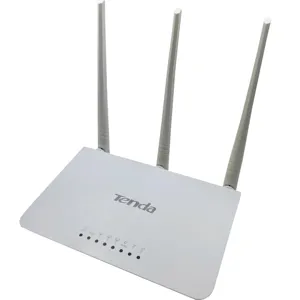Popular in your industry


























































































































































Top categories
About battery pcb
Understanding Battery PCBs
Battery PCBs are integral components in the realm of electronics, serving as the backbone for power management in a multitude of devices. These printed circuit boards are specifically designed to accommodate batteries, ensuring efficient energy distribution, charging, and protection for the battery cells they support. The battery for PCB technology has evolved to cater to various applications, from small-scale electronic devices to large industrial machinery.
Types of Battery PCBs
The diversity of battery PCBs is evident in their range of types and configurations. For instance, the 18650 PCB is tailored for cylindrical cells commonly used in portable electronics, while the laptop battery PCB is structured to meet the specific requirements of laptop battery packs. In the realm of power tools, a Makita battery PCB is often sought after for its compatibility and durability. For those seeking energy solutions for larger scale operations, the bms 6s 15a 24v offers a robust system for managing multiple battery cells in series.
Applications and Features
The application of battery PCBs spans across various industries. In consumer electronics, the lithium ion battery PCB is a common sight, providing the necessary circuitry for rechargeable batteries in smartphones and laptops. For DIY enthusiasts and professionals alike, the 12v battery charger pcb is a critical component for creating custom charging solutions. Additionally, the 18650 battery charger pcb is specifically designed for charging and protecting 18650 cells, a popular choice for custom battery pack creators.
Materials and Advantages
The materials used in battery PCBs are chosen for their conductivity, durability, and heat resistance. High-grade copper is often employed to ensure minimal energy loss and to withstand the rigors of repeated charging cycles. The incorporation of a bms pcb (Battery Management System) within the board is a significant advantage, as it provides essential functions such as cell balancing, temperature monitoring, and voltage protection, which are crucial for the longevity and safety of the battery cells.
Choosing the Right Battery PCB
Selecting the appropriate battery PCB is critical for the success of any project or product. For specialized applications, a 3s 20a li ion lithium battery 18650 charger PCB may be ideal for its compact size and efficient charging capabilities. In contrast, for applications requiring a coin cell, a cr2032 pcb might be the preferred choice due to its small footprint and ease of integration into various designs.
Conclusion
In conclusion, the battery on pcb technology is a cornerstone in the design and function of modern electronic devices. With a broad spectrum of types and applications, these PCBs are tailored to meet the specific needs of various battery configurations, ensuring devices operate reliably and safely. When selecting a battery PCB, it is essential to consider the specific requirements of the application to ensure optimal performance and longevity.


































































































